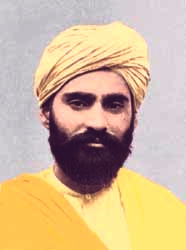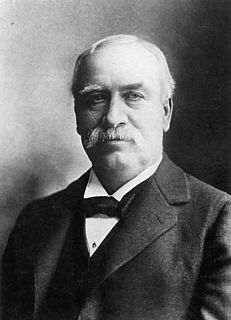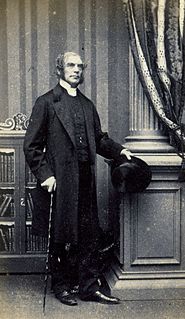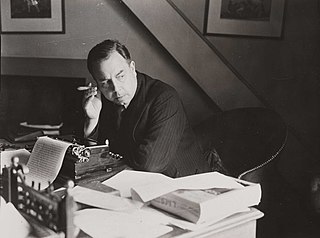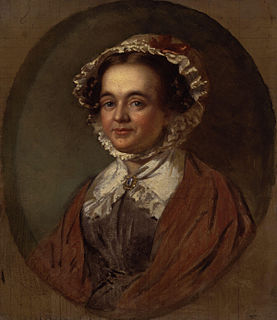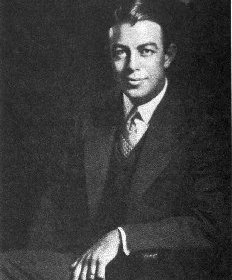A Quote by William James
When two minds of a high order, interested in kindred subjects, come together, their conversation is chiefly remarkable for the summariness of its allusions and the rapidity of its transitions. Before one of them is half through a sentence the other knows his meaning and replies. ... His mental lungs breathe more deeply, in an atmosphere more broad and vast.
Related Quotes
A newborn child has to cry, for only in this way will his lungs expand. A doctor once told me of a child who could not breathe when it was born. In order to make it breathe the doctor gave it a slight blow. The mother must have thought the doctor cruel. But he was really doing the kindest thing possible. As with newborn children the lungs are contracted, so are our spiritual lungs. But through suffering God strikes us in love. Then our lungs expand and we can breathe and pray.
The enthronement of Christ over the minds of men is steadily going forward. His kingdom embraces the princes in the realm of mind. It embraces the nations of highest civilization. They are all beneath the cross. It is maintained by simple authority. Other mental monarchs rule by logic; Christ's word is law--it is satisfying to His subjects. His truth in the hands of His disciples, like the bread He broke upon the mountains, is an ample supply for the millions that gather at His table.
He recognized her despite the uproar, through his tears of unrepeatable sorrow at dying without her, and he looked at her for the last and final time with eyes more luminous, more grief-stricken, more grateful than she had ever seen them in half a century of a shared life, and he managed to say to her with his last breath: “Only God knows how much I loved you
A child in his earliest years, when he is only two or a little more, is capable of tremendous achievements simply through his unconscious power of absorption, though he is himself still immobile. After the age of three he is able to acquire a great number of concepts through his own efforts in exploring his surroundings. In this period he lays hold of things through his own activity and assimilates them into his mind.
It is then, we say, in the successive stages of his experience, that the believer sees more distinctly, and adores more profoundly, and grasps more firmly, the finished righteousness of Christ. And what is the school in which he learns his nothingness, his poverty, his utter destitution? The school of deep and sanctified affliction. In no other school is it learned, and under no other teacher but God. Here his high thoughts are brought low, and the Lord alone is exalted.
Orwell was dealing with communism and his disillusionment with communism in Russia and what he saw the communists do in Spain. His novel was a response to those political situations. Whereas I was interested in more things than the political atmosphere. I was considering the whole social atmosphere: the impact of TV and radio and the lack of education. I could see the coming event of schoolteachers not teaching reading anymore. The less they taught, the more you wouldn't need books.
Buonaparte is certainly writing, or rather dictating, his memoirs. He walks backwards and forwards with his hands behind him, and dictates so fast that two or three of his suite are obliged to be in attendance, that the one may take down one-half of a sentence, and another the rest; they then literally compare notes, and put the disjointed legs and wings and heads of periods together. This is writing a book as he fought a battle.
The world that is coming toward us out of time is going to be very much richer in a mental sense because (among other freedoms) we are going to get a modicum of freedom from linguistic frameworks, from familiar mental habits. Anyone who really knows two or more tongues realizes that even that small enlargement of liberty . . . gives him new perspectives, exercizes his soul anew.

